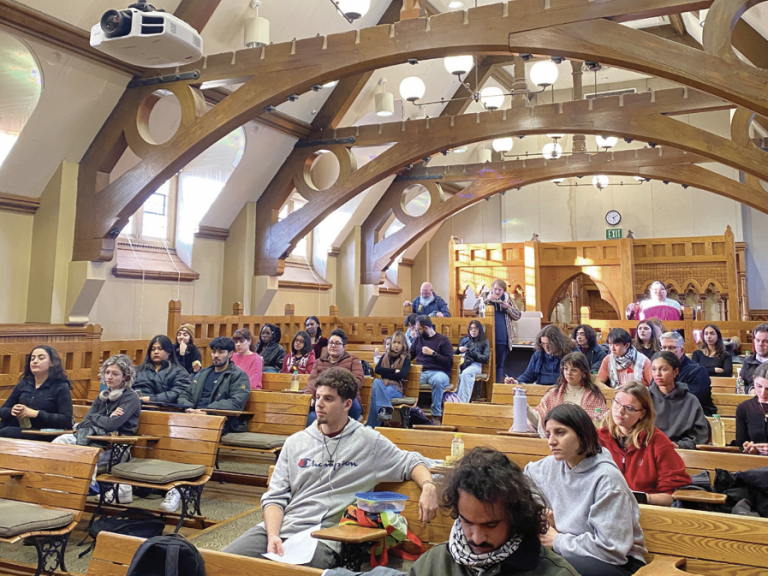Brendan W. Clark ’21
Managing Editor
The Trinity College Curriculum Committee, in collaboration with the Dean of the Faculty Office, recently circulated new proposed changes to the Trinity College curriculum. The committee, made up of faculty, students, and, has met several times over the summer to discuss proposed changes in response to feedback to earlier proposals received at the May 7 faculty meeting.
The summary, together with supporting documents, was released to the faculty on Friday, Aug. 30 for review. The committee intends to present a final proposal to the faculty at the Nov. 12 faculty meeting and the faculty intend to hold open discussions on the matter on Oct. 10 and Oct. 24. If approved, the proposal would be the first major curricular change at Trinity in more than ten years.
The proposal maintains Trinity’s current 36 credit graduation requirement. However, the new proposal seeks to “rationalize” the existing curriculum by ensuring that “loopholes [are] closed [and] irregularities fixed.” Further, the proposal seeks to take advantage of where the curriculum committee saw “opportunities for productive change.”
Elements of said “productive change” include eliminating the global requirement, instituting a “wellness requirement,” and introducing “The Trinity Plus,” three additional credits that are a “combination of co-curricular and academic credits.” 32 academic credits would be required, with “academic” being those courses bearing the disciplinary designations of “ARTS, HUM, NAT, NUM, or SOC.”
“Co-curricular credits” would include opportunities that many already take advantage of: internships, TA-ships, mentorships, research, and physical education courses, among others. Academic, co-curricular, or a combination of both could satisfy the “Plus” requirement.
Students who maintain a 3.667 average “in two majors (or a major and a minor) from different divisions” would earn the recognition of “Honors in Liberal Arts” upon graduation. Apart from the combination of academic and co-curricular—the “exploratory option”—another avenue to satisfy the “Plus” would be an “integrated option, with [an] experiential certificate.” The integrated option would be a set of three courses, proposed by faculty or departments, and ultimately approved by the curriculum committee that are “shaped in such a way as to prepare students for success after graduation.”
Both options within the “Plus,” however, would aim to “encourage students to think about which experiences would best prepare them for their next steps after Trinity.” The “Plus” also places a particular focus on Trinity’s location as a small liberal arts college in an urban setting.
Previous proposals that would have eliminated the second-language requirement are not maintained in the existing proposal: instead, the foundational requirements of writing, quantitative literacy, and second language are maintained. The five distribution requirements are also unchanged. However, the committee does note in its prospectus that “each requires further consideration.”
Lastly, the “Wellness Requirement” would mandate that students have four “wellness experiences” during their time at Trinity. The requirement could be satisfied by traditional physical education courses, certain theater and dance course, alcohol and drug education workshops, sexual assault prevention workshops, participation on athletic teams, and mindfulness courses.
The committee notes in its summary that they “view this requirement as being a significant step in the process to address the whole-health” of the student body.
In a letter to faculty released Aug. 30, Associate Professor of Theater and Dance and Curriculum Committee Chair Mitchell Polin expressed the committee’s faith in the proposal, stating that it “critically responds to the concerns of the faculty…increases the rigor of the college curriculum, and reaffirms our commitment to the liberal arts.”
Curricular discussions remain ongong both at public forums and during Wednesday faculty luncheons in Hamlin Hall.
Note: the author of this article is also a student representative on curriculum committee.




+ There are no comments
Add yours